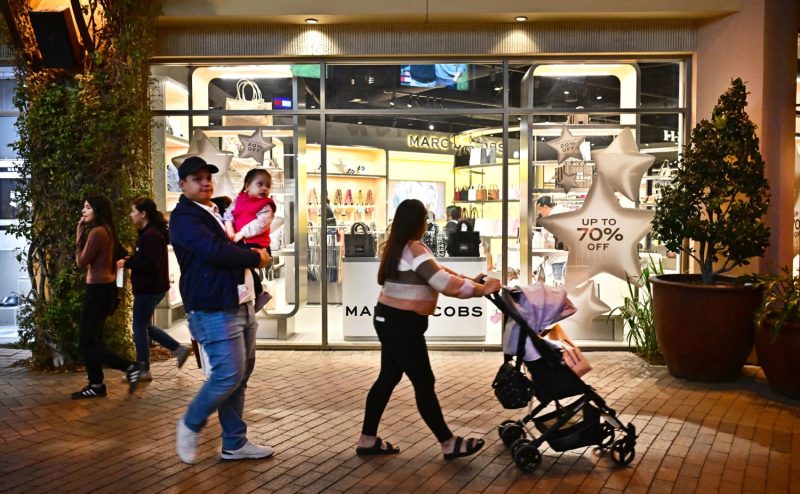**The Impact of Elections on Retailers: A Turning Point for the Industry**
**Economic Turbulence in the Retail Sector**
The retail industry has been facing challenges in recent times, with many retailers experiencing a dismal fall quarter. From small businesses to large corporations, the impact of economic uncertainties and changing consumer behaviors has taken a toll on the industry. However, amidst this turbulent period, the upcoming elections seem to be providing a glimmer of hope for retailers.
**A Shift in Consumer Sentiment**
Consumer sentiment plays a crucial role in driving retail sales, and it is often influenced by major events such as elections. The uncertainty and polarization that often characterize election periods can impact consumer confidence and spending patterns. In the lead-up to the elections, many consumers may adopt a more cautious approach to their purchases, leading to a slowdown in retail sales.
However, as the elections draw near, there tends to be a sense of anticipation and optimism in the air. Regardless of the outcome, the resolution of the election brings clarity and direction, which can help alleviate some of the uncertainties that have been holding back consumer spending. This shift in consumer sentiment can have a positive impact on retail sales, as consumers feel more confident about making discretionary purchases.
**Election-Driven Economic Stimulus**
Elections are often accompanied by economic stimulus packages and policies aimed at boosting the economy. These measures can have a direct impact on consumer spending and overall retail performance. For example, tax breaks, stimulus checks, or infrastructure projects can inject additional funds into the economy, providing consumers with more purchasing power.
Retailers can leverage these election-driven economic stimuli to drive sales and attract customers. By offering promotions, discounts, and incentives during this period, retailers can capitalize on increased consumer spending and take advantage of the positive sentiment surrounding the elections.
**Adapting to the Changing Landscape**
In the current retail landscape, agility and adaptability are key to surviving and thriving in the face of challenges. Retailers need to stay attuned to changing consumer behaviors and preferences and adjust their strategies accordingly. The election period presents an opportunity for retailers to reassess their marketing strategies, product offerings, and customer engagement initiatives to align with the evolving consumer sentiment.
By understanding the impact of elections on consumer behavior and retail sales, retailers can position themselves for success in the post-election period. By monitoring trends, staying informed about economic developments, and implementing flexible strategies, retailers can navigate through the uncertainties and emerge stronger on the other side.
**Looking Forward: A Brighter Future for Retail**
As we look ahead to the upcoming elections and the potential impact on the retail industry, there is reason to be cautiously optimistic. While the fall quarter may have been challenging for retailers, the election period presents an opportunity for a positive shift in consumer sentiment and economic stimulus. By adapting to the changing landscape and leveraging the opportunities that the elections bring, retailers can position themselves for a brighter future and pave the way for sustained growth and success in the industry.

